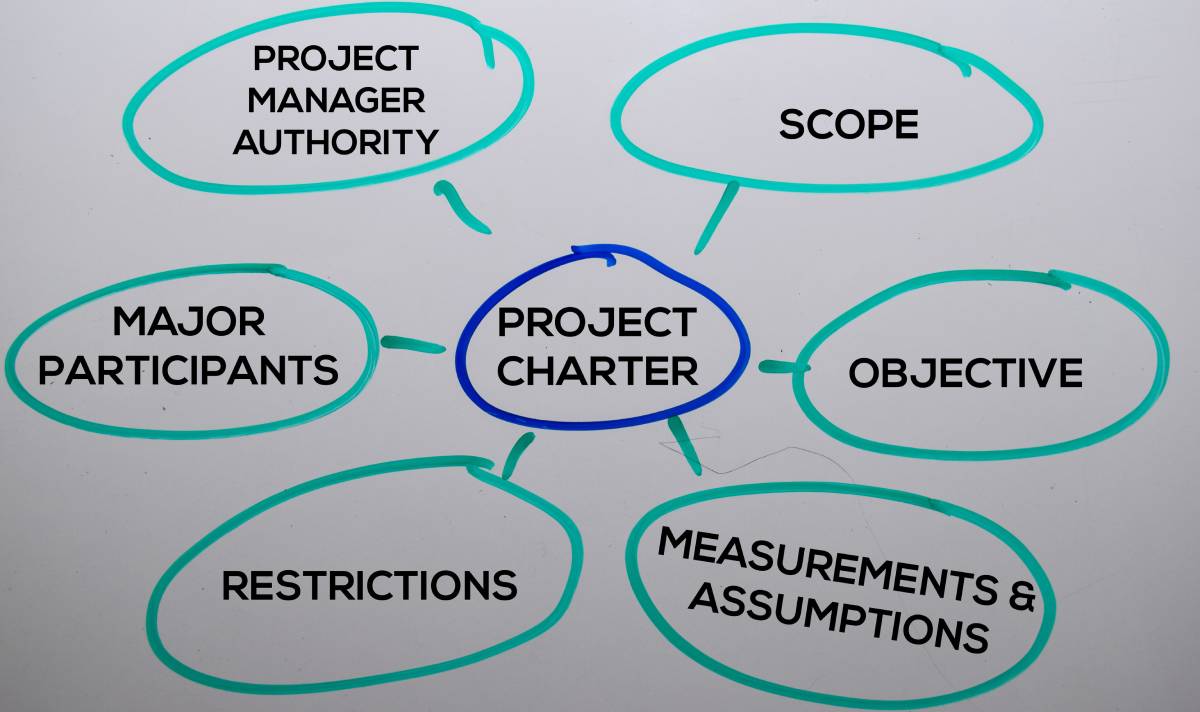In today’s workplace, there are always more commitments and requests than time and resources to fulfill them. When asked, the default response for most is yes. “Bring it on,” you say. After all, the ability to take on more is looked at in a positive light in work environments.
Saying yes to everything means that no one thing receives your best level of effort, which can negatively affect the outcome. Taking on more and more leaves precious little time and energy for other important things in life and work.
You may be able to do anything – but you can’t do everything
There are plenty of strategies for getting more things done in the time you have. There is only one strategy for doing less. It’s called essentialism – the skill of being able to focus on the vital few and ignore the trivial many.
In his book Essentialism: The Disciplined Pursuit of Less, Greg McKeown says the way of the essentialist is the relentless pursuit of less but better. It is not about how to get more things done: it’s about how to get the right things done. It’s about making the wisest possible investment of time and energy in order to operate at the highest point of contribution by doing only what is essential.
By investing in fewer things, the essentialist is able to be more efficient and productive, making significant progress in the things that matter most.
The path to essentialism
Essentialism is a mindset – a shift to a whole new way of thinking. The essentialist develops habits that help determine the best use of time and keep non-essential distractions out.
- Know precisely what makes sense for you. Say yes to only the top 10 percent of opportunities. Ask yourself, “Is this exactly what I am looking for?” You make the choice rather than letting others make it for you.
- Pause before you say yes. Resist the impulse to say yes immediately. First, consider whether you’re investing your time and energy in the right things. Also, think about the fact that if you say yes to the request, you are saying no to something else. If it isn’t a clear yes – it’s a clear no.
- Get over the guilt of saying no. Saying no naturally comes with a sense of guilt. If you say no, you might hurt someone’s feelings, miss an opportunity, create waves or burn bridges. But if you don’t say no – firmly and resolutely, you could miss out on something far more important.
- Reserve time for clear thinking. Deliberately make time to escape the busyness. Schedule time to do nothing. Turn off your phone and computer, and turn on the full power of your mind. Two hours a day, two weeks a year, or just five minutes every morning can make a big difference.
- Stop listening to the loudest voice. It is not necessarily the most important, most urgent or most essential. Don’t misinterpret pressure for purpose.
- Pay attention to the planning fallacy – Practically everyone underestimates the time it takes to get anything done. Things inevitably take longer which makes doing less absolutely essential.
- Stop attending non-essential meetings – If your contribution is not required even though your presence may be, fight the urge to be there. Send apologies and explain what you are doing instead that is more mission-critical.
Essentialism – the essential skill for the modern workplace
In a world full of competing priorities, colliding deadlines and increasing expectations, essentialists must be able to cut through the clutter and focus on the vital few while ignoring the non-essential many.
Skilled essentialists have the ability to:
- Make clearer, more focused decisions
- Clear the way for critical thinking to find the root cause of complex problems
- Identify and eliminate timewasters and energy-robbers
- Execute strategic initiatives faster and with fewer problems
- Sort through competing priorities to focus on the “vital few” that have the highest impact
- Communicate the right things to the right people at the right time
- Solve costly problems before they have a serious impact on profitability
Only once you understand the important value in saying no to the trivial many, and yes to the vital few can you make your highest contribution towards the things that really matter in business and in life. So, what will you say no to in 2020?
About Kepner-Tregoe
For over 60 years, Kepner-Tregoe has empowered thousands of companies to solve millions of problems. Kepner-Tregoe services are designed to permanently address organizational challenges with measurable results that improve quality and performance while reducing overall costs.









